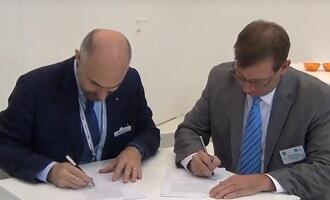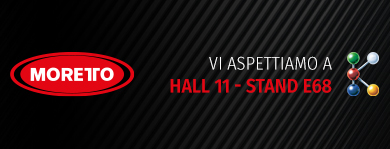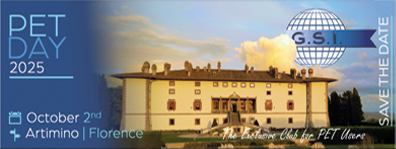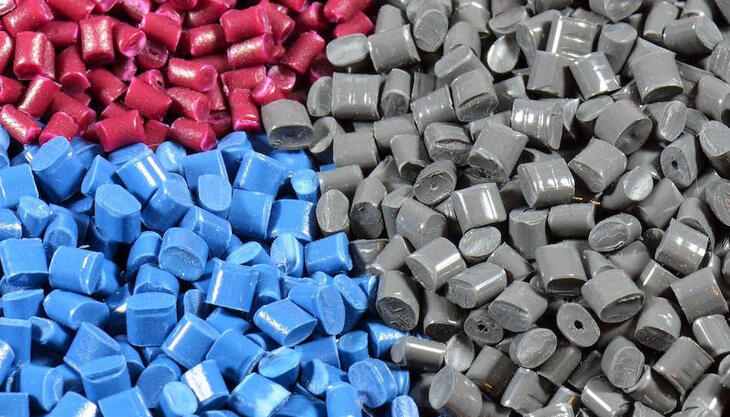
During the K 2016 trade fair in Düsseldorf (19-26 October 2016), with participants including some 400 Italian companies in the plastics and rubber sector, Assocomaplast joined Operation
Clean Sweep (OCS), an environmental protection programme addressing the plastics industry
introduced by the US association SPI and the American Chemistry Council. OCS lays out guidelines for reducing the accidental loss of plastic pellets, powders and flakes generated during the production of plastic articles.
It is well known that discarded plastic packaging (caps, bottles and various containers) frequently ends up polluting seas and oceans. This may principally be attributed to the “bad habits” of consumers, who are often not sufficiently committed to recycling.
However another, smaller, part of the problem is due to the release into the environment of plastic pellets from the production process, which also end up in the waste stream. And this is why the plastics industry is called upon to take action to limit, if not prevent entirely using codified procedures, this loss of material.
The Operation Clean Sweep programme appeals to the sensibilities of polymer producers, transporters, storage facilities and processing firms to adopt a number of best practices (often
requiring very little effort), each in its own area of operations. The machinery manufacturing industry is also implicated, albeit only marginally, since some minimum quantity of granules may be lost during machinery testing and certification. Naturally, beyond the environmental benefits, companies also gain undeniable economic advantages from reducing wastage of materials.
Many companies have already joined the OCS protocol, which requires the implementation of
the following steps:
1 - Commit to making zero pellet loss a priority, signing a formal written pledge
2 - Assess the company’s situation and needs (in compliance with applicable legislation): audit of operating facilities and equipment, establishment of compulsory employee procedures, identification of problem areas, sharing of experiences
3 - Appropriate upgrades to facilities and equipment
4 - Raise employee awareness and create accountability: establish written procedures for employees, conduct regular training, assign responsibilities to employees and solicit feedback on the programme, use workplace reminders such as signs, stickers, posters etc
5 - Follow-up and enforce procedures: routine inspections of facility grounds; sharing of best practices via the OSC website
By signing the protocol, Assocomaplast has shown its commitment to promoting the initiative in Italy.






















